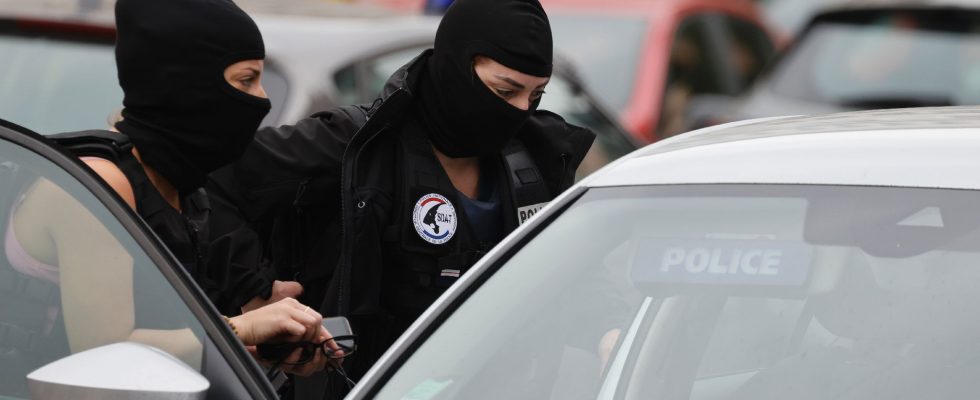On February 18, 2014, the Mogouchkov family was almost expelled from French territory on the orders of the Ille-et-Vilaine prefecture. But community mobilization contributed to its seven members being released that same evening. “How many wasted means to sabotage the life of a family,” denounced the Communist Party of Rennes Métropole, where these Chechens then resided, a couple and their five children, originally from Ingushetia in Russia, and who arrived in France in 2008 The schooling of these adolescents was precisely highlighted to demand their “regularization” and denounce a “new Leonarda affair”, as relayed at the time France 3.
The PCF finally rejoiced in a press release that “the prompt mobilization of associations” was “able to push back the prefecture of Ille-et-Vilaine and free the Mogouchkov family”. At the time, the prefecture explained that these Chechens had been denied asylum and did not have sufficient resources to stay in France. According to West France, they were then taken to Roissy, where a plane for Moscow was waiting for them, on which the couple had refused to board. Nearly ten years later, two members of this brotherhood, who practice Salafist Islam, were convicted in terrorist cases. One of their brothers has just committed the Arras attack.
Mohammed Mogouchkov, born in 2003, went this Friday, October 13 to the Gambetta-Carnot high school in Arras where he fatally stabbed Dominique Bernard, a French teacher. “Allah Akbar,” shouted the young man as he entered the establishment, of which he is a former student. Two other people, a school officer and a teacher, were injured. The perpetrator of the attack was arrested, as was his brother Souleyman. The latter has already been sentenced to eighteen months in prison in a case of advocating terrorism on Twitter.
Mosvar Mogouchkov, aged 22, was sentenced to five years in prison in April 2023 for terrorist conspiracy. He translated content and edited videos glorifying Daesh, according to The voice of the North. Investigators found violent Islamic chants on his phone, with passages like “let’s go, let’s cut our throats” or “die a martyr for the caliphate”. He also practices boxing in Arras, where the family settled after 2014, and was even a finalist in the French cadet championships in less than 54 kg.
Mohammed Mogouchkov, the author of the Arras attack, also practiced boxing in the under 63 kg category. Also radicalized, he “has been the subject of multiple intelligence and active surveillance techniques since this summer,” said a security source. In particular, he was wiretapped and was subject to physical surveillance by the DGSI. He was checked by agents of the French intelligence service again yesterday, “without any offense being able to be blamed on him”, indicates this same source. Nor did his telephone conversations reveal any evidence of his act. “The profile is therefore similar to a radicalized individual whose potential is known but who decides to suddenly take action, making his neutralization difficult,” concludes this source from Beauvau. On his Facebook profile, Mohammed Mogouchkov does not highlight his religious ideology, with the exception of one detail, the moment of his marriage. He dated it to September 11, 2001. Two years before his birth.
Mohammed Mogouchkov did not have political refugee status, his last asylum request was rejected by Ofpra on March 25, 2021 and by the National Court of Asylum on August 16, 2022, indicates Beauvau. But he could not be deported to Russia either because he benefits from “absolute protection against expulsion” granted to people “who entered France before the age of thirteen”, reports the Ministry of the Interior. In practice, according to article L631-3 of the Code of entry and stay of foreigners and the right of asylum, he could only have been expelled in the event of “behavior likely to harm fundamental interests of the State, or linked to activities of a terrorist nature”, or in the event of explicit incitement to hatred. “This is the point that the immigration bill aims at: lifting these absolute protections which prevent the removal of a person who entered national soil before the age of 13,” concludes Beauvau.
